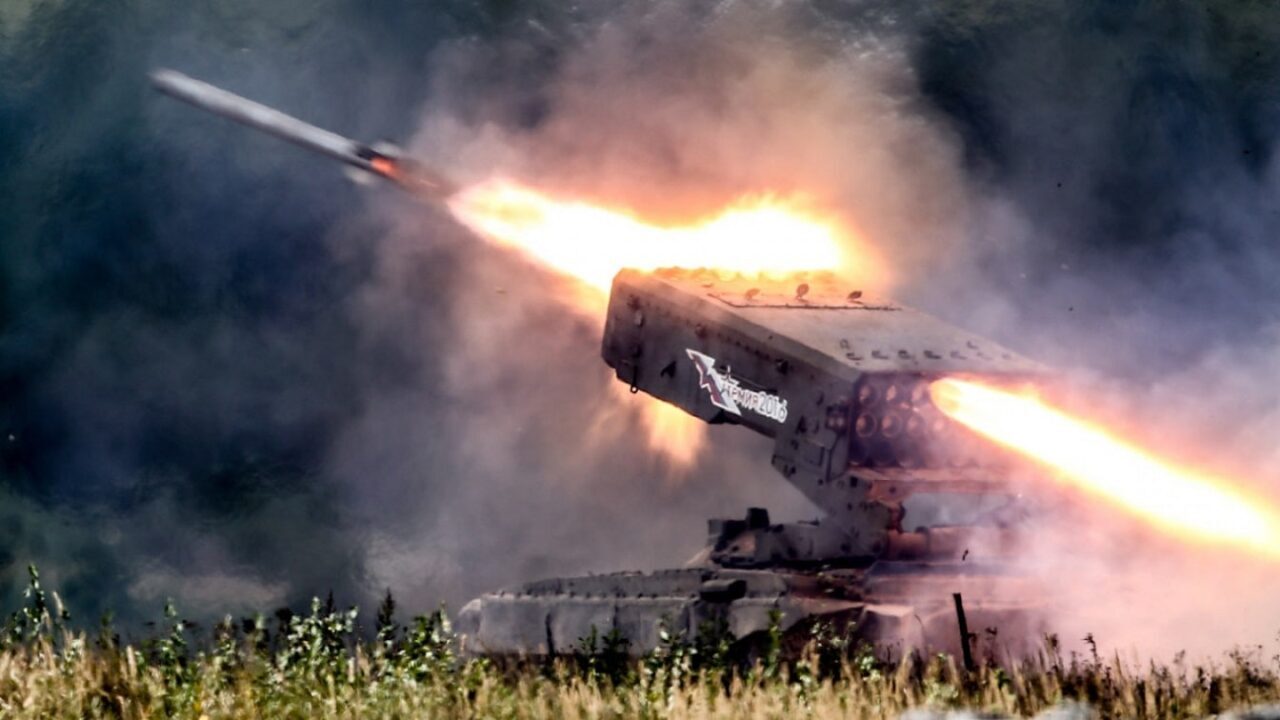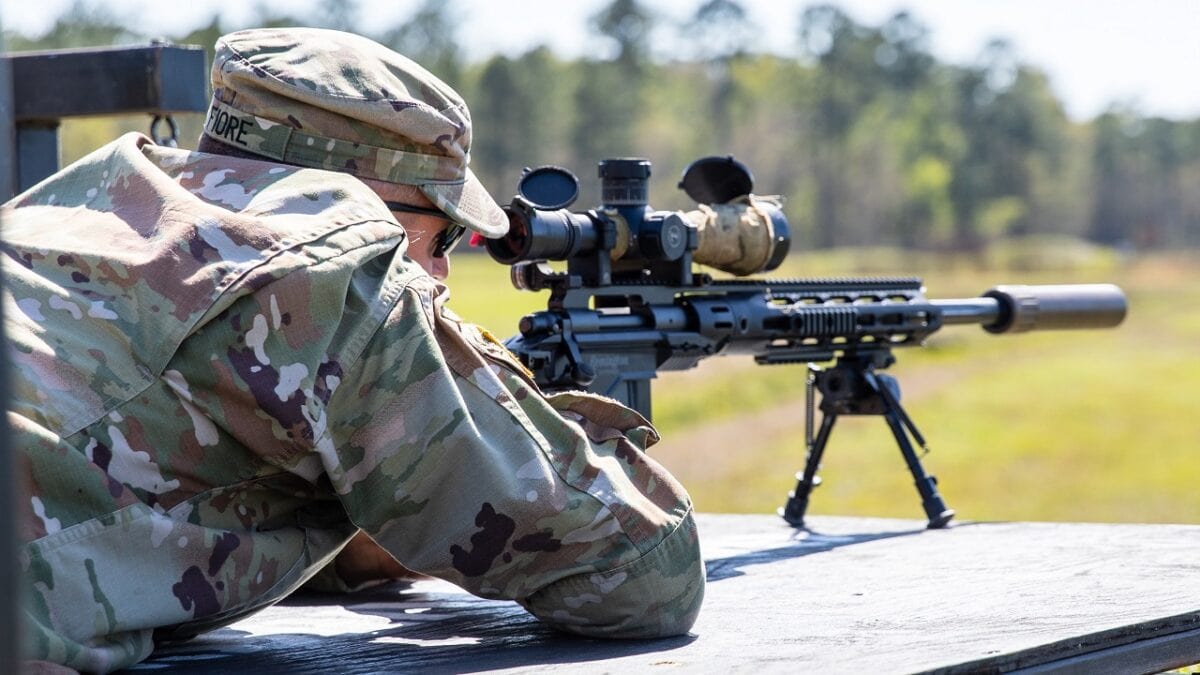USA / UKRAINE - Die USA sollen 115 Mia. Dollar in diesen Krieg investiert haben (Russlands Militär: 63 Mia Dollar pro Jahr )
Alles nur Wahnsinn: Die Amis gaben fast das Doppelte der Russischen Militärausgaben für Waffenlieferungen etc. in der Ukraine aus.
https://www.youtube.com/watch?v=KurInzgNRSU
The upcoming midterm elections are expected to result in a U.S. Congress that is less inclined to distribute aid to Ukraine. Accordingly, the current officeholders, who have generously supported Ukraine, are hoping to jam through one more aid package before a newly elected Congress is sworn in.
Kevin McCarthy, the House Republican Leader, spoke plainly about what a GOP House majority would mean for Ukraine aid: Republicans are “not going to write a blank check to Ukraine.”
So as the window to distribute aid to Ukraine potentially closes, members of Congress are hoping to attach a chunk of Ukraine aid to a lame-duck session government funding bill. The size of the new Ukraine aid package is $50 billion – a massive increase over last month’s $12 billion package, and a 77% increase in the amount of total aid – $65 billion – so far sent to Ukraine. The extra $50 billion is intended “to make sure [Ukraine] can get through the year,” a Republican senator told NBC. “It’ll make the $12 billion look like pocket change.”
If the new aid package passes, the aid sent to Ukraine this year will total a value of $115 billion. Despite the eleven-figure sum, much of the general public has been very supportive of sending aid to Ukraine. But the question deserves consideration: Should the U.S. be giving so much aid to Ukraine?
Multiple reasons exist to be more conservative in the distribution of aid to Ukraine. For one, the U.S. has finite resources – and myriad problems. Such a large sum could go a long way toward meeting other priorities. Now, it’s been said a million times before, in roughly any expenditure related to national security, and even space exploration – that the money would be better spent at home on “X” or “Y” or “Z.” Well, it’s important to acknowledge that any sovereign nation must take steps to protect itself and its interests abroad.
My impression is that many liberal-minded citizens live in some fantasy realm where the U.S. would not need a military if it simply chose not to need a military. Of course, in an anarchic world system, where each nation is charged with defending itself, the U.S. does in fact need a robust military. Paradoxically, it is perhaps the strength of the U.S. military that creates the conditions that leave U.S. citizens under the impression that they do not need a strong military.
Yet while I am comfortable with the U.S. maintaining a robust military, and investing indirectly to uphold checks and balances that benefit U.S. national security – for example, bolstering an ally to contain a rival – the prospect of sending $115 billion to Ukraine this year feels like a blatant neglect of domestic priorities. For example, a dearth of affordable housing, paired with mental illness and drug abuse crises, has resulted in an unprecedented homeless problem in the United States. I bet $115 billion could go a long way towards remedying the homeless crisis. There are countless other relevant examples. And let’s not forget, the U.S. military and foreign aid budgets dwarf any other nation’s on Earth – no one comes close.
But the aid to Ukraine is more problematic than just a simple neglect of domestic priorities. It allows Kyiv to keep holding out against the Russian invaders, which is a good thing on its face. But the longer Ukraine is able to hold out, the longer Ukrainians suffer – and the more likely the discharge of a nuclear weapon becomes.
U.S Army Sgt. Matthew Fiore, a UH-60 Black Hawk crew chief representing the Marietta-based 78th Aviation Troop Command, Georgia National Guard, engages targets with the M2010 Enhanced Sniper Rifle at the sniper event during the 2022 Georgia National Guard Best Warrior Competition at Fort Stewart, Ga., March 21, 2022. The Best Warrior Competition tests the readiness and adaptiveness of our forces, preparing our Georgia Guardsmen to meet today’s unpredictable challenges. (U.S. Army photo by Sgt. 1st Class R.J. Lannom Jr.)
Instead of endlessly funding the Ukrainian resistance, however, just or righteous that cause is, the U.S. should be encouraging Ukraine to reach some sort of peace settlement with Russia. Proponents of funding Ukraine’s resistance argue that Russia will only accept a peace deal tilted heavily in its own favor. But while losing portions of eastern Ukraine may be unacceptable to Ukraine, from the American point of view, that certainly seems more favorable than a nuclear exchange with Russia.
Update: We Asked The Experts What They Thought
To add a little more perspective, we reached out to a number of experts to get a sense of what they thought about a total aid amount for Ukraine totaling $115 billion. Here are some of the responses that have come in and we will continue to update this article as more analysis comes in on this issue:
Daniel L. Davis, Senior Fellow for Defense Priorities and U.S. Army Combat Veteran: “In answering the question ‘is $115 billion too much or too little?’ it is necessary to ask what the expenditure is expected to accomplish. What does Congress intend to accomplish with this money?
Far too often (and in this case specifically, I fear), members of Congress have no idea what the money is intended to do. They just appropriate whatever the Administration requests.
But the reality on the ground is that almost certainly no amount of cash from Congress is going to be decisive in enabling Ukraine to win its war. I know that’s what many people believe, but that’s more an aspiration or hope rather than a sober and realistic assessment.





Die politik macht sich wieder hier ein hintertürchen und die waffenlobby sahnt die milliarden ab.